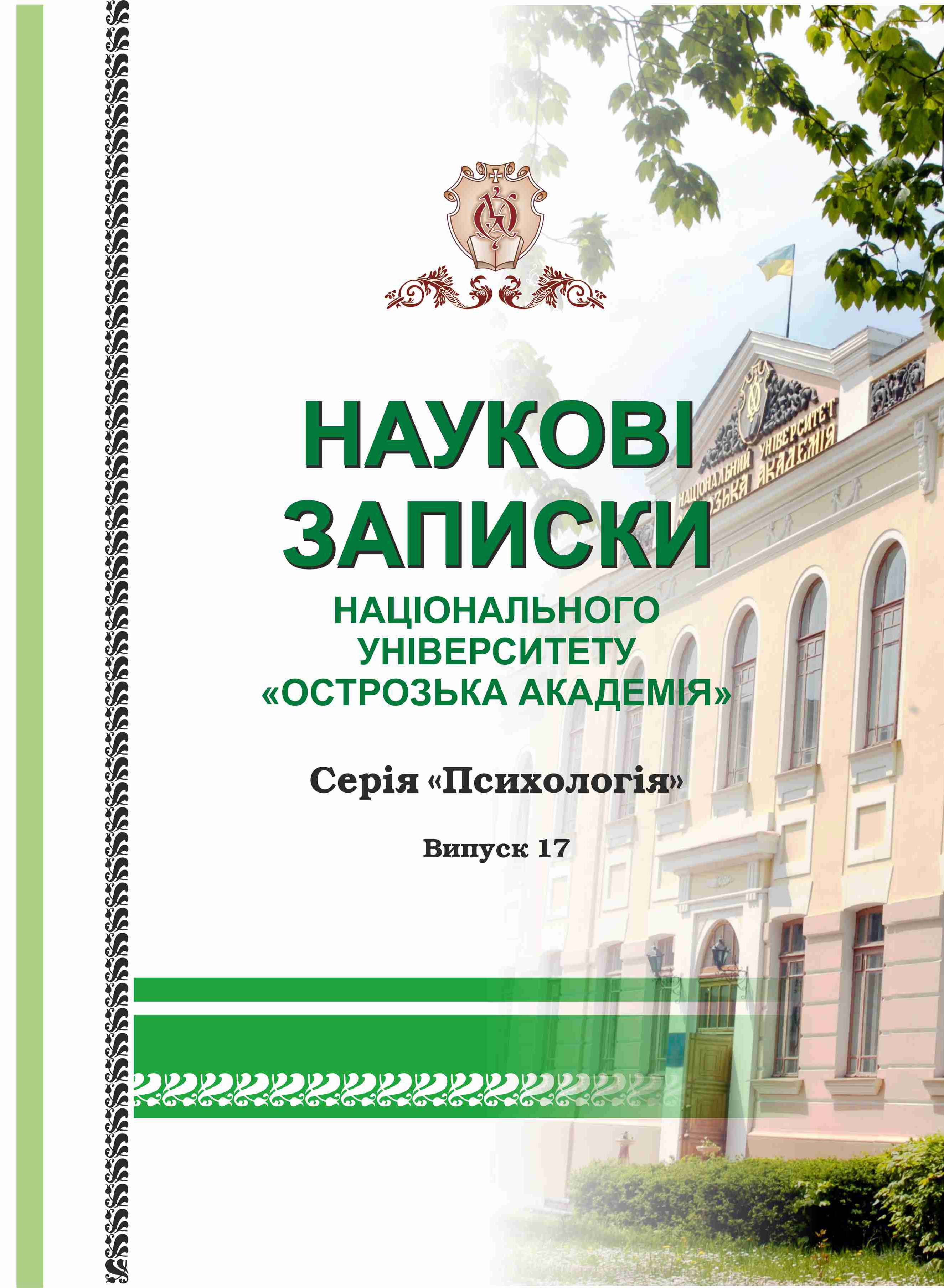FEATURES OF EARLY SOCIALIZATION OF CHILDREN WHO STUTTER
Keywords:
socialization, family, stuttering, counseling psychology, diagnosis, recovery, social changesAbstract
The article examines the peculiarities of the socialization of children who stutter. Emphasis is placed on the first institution of socialization – the family. The basis of the article is the determination of the peculiarities of the functioning of children who stutter. For a child, the family is the closest microenvironment that forms the personality. The main concepts and the influence of social phenomena on child-parent relations are considered. The appearance of stuttering in a child is a stressful situation for parents. Mothers of children who stutter often experience feelings of guilt towards the child, frustration, shame for the child, and even hostility. This unfavorable picture is aggravated by such social factors as prolonged quarantine measures and martial law. It cannot but affect all spheres of life. In the course of the research, the following methods were applied: theoretical – analysis, comparison, generalization of domestic and foreign literature on the subject under study; and empirical – conversation, observation, and testing. The article describes an empirical study of the peculiarities of the family functioning of children who stutter and their parents. The analysis of the research results showed the following: socio-psychological factors affecting the mental health of children are the disharmony of family relations and family upbringing, as well as violations in the sphere of child-parent relations. Frequent conflicts, and loud quarrels cause children a constant feeling of anxiety, self-doubt, and emotional tension and can even disrupt their mental health. In children's drawings, you can find a projection of psycho-traumatic influence, which plays the role of a pathogenic factor in the appearance of stuttering. In such families, there is an excessive emotional distance from the child. Such families, in general, are not sufficiently integrated. Differences in the results of the research of both groups allow us to conclude the need for corrective work with children with stuttering and their parents. At the end of the article, recommendations and prospects for further research are described, namely, children who stutter, as well as their mothers, need psychological counseling or psychotherapy.


